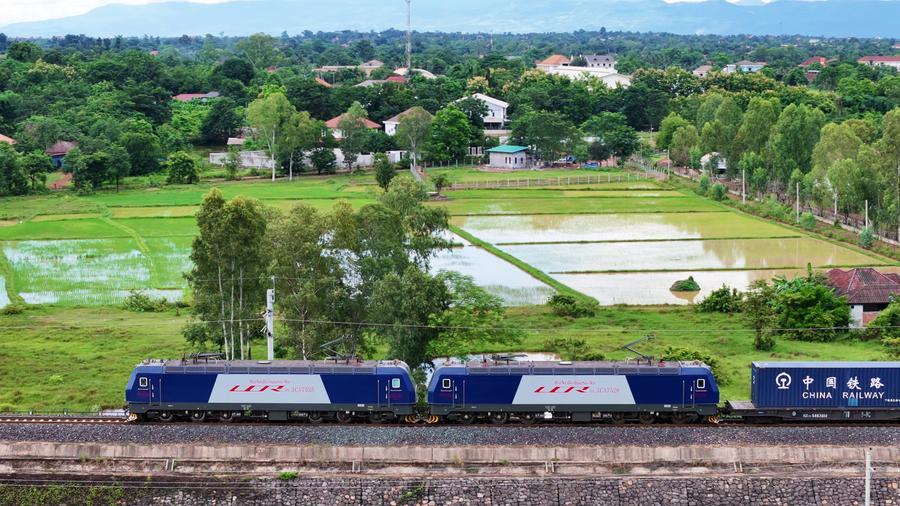by Ki Manghout
Closer relations between China and the Association of Southeast Asian Nations (ASEAN) are crucial for securing long-lasting peace, stability, common development and shared prosperity in the region.
From a realist's perspective of global governance, ASEAN must recognize that the contemporary world order is no longer dominated by the unipolarity of the United States.
In this multipolar landscape, ASEAN should prioritize finding ways to coexist with China, its immediate neighbor and the region's largest trading partner. It will provide ASEAN member states with greater economic security and strategic flexibility in navigating regional disputes.
ASEAN cannot afford to entangle itself in great-power politics. Historical precedents, such as U.S. interventions in the Middle East, demonstrate that reliance on external powers can lead to instability and crisis.
In this context, it is imperative for ASEAN to rejuvenate its relationship with China, particularly for member states with ongoing disputes.
A cohesive and practical strategy toward China will allow ASEAN to safeguard its regional interests and avoid becoming a pawn in larger geopolitical rivalries.
The China-proposed Belt and Road Initiative (BRI) has importantly promoted connectivity infrastructure development, trade, and economic growth in ASEAN including Cambodia.
Under the BRI's framework, China and ASEAN have cooperated in a wide range of areas such as modern agriculture, information technology industry, infrastructure, energy, finance, logistics, law, accounting, culture and tourism, human resources development, environmental protection and public health, among others.
BRI's flagship infrastructure projects, such as the Sihanoukville Special Economy Zone, the Phnom Penh-Sihanoukville Expressway and the Siem Reap Angkor International Airport in Cambodia, the China-Laos Railway in Laos, and the Jakarta-Bandung High-Speed Railway in Indonesia have significantly contributed to boosting inter-connectivity, economies and trade in the region and beyond.
The BRI has become a new engine of regional and global economic growth, injecting vigor into building a community with a shared future for mankind.
The 27th China-ASEAN Summit in Laos this week presents a critical opportunity to recalibrate this vital partnership for mutual benefit.
For Cambodia, the kingdom's decision to partner with China is not coincidental but rather a long-term development strategy amid the peaceful development of China and the decline of U.S.-led Western power.
Cambodia has leveraged its growing partnership with China to assert greater political independence.
China has consistently supported Cambodia's diplomatic initiatives and positions on regional and global issues. This support raises Cambodia's profile and bolsters its influence in international affairs.
By working with China, Cambodia secures a powerful regional partner, enabling it to counterbalance the influence of other major powers like the United States and its allies.
This strategic partnership helps Cambodia safeguard its independence and sovereignty amid competing regional interests.
Cambodia's close ties with China also provide it with diplomatic leverage in regional and international forums, allowing it to advance its interests and maintain a strong presence in regional affairs.
Editor's note: Ki Manghout is a research fellow at the Asian Vision Institute, an independent policy think tank based in Phnom Penh, Cambodia.
The views expressed in this article are those of the author's and do not necessarily reflect those of Xinhua News Agency.




 A single purchase
A single purchase









